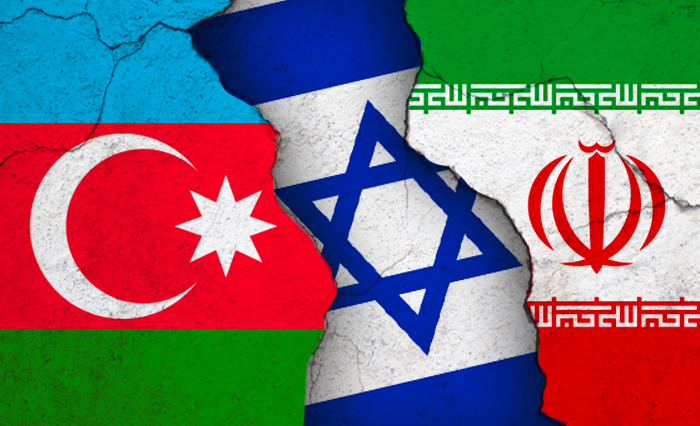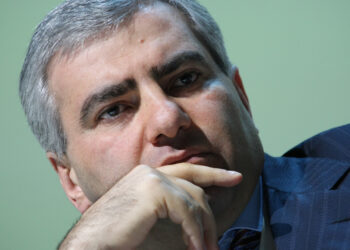TEHRAN (Realist English). In the aftermath of Israel’s recent assault on Iran, Kaveh Lotfollah Afrasiabi, an Iranian-American political scientist, has sharply criticized Tehran’s inaction toward the Baku regime, which he says aided Israeli operations in violation of Iran’s sovereignty.
“As the dust of the latest military clash between Iran and Israel begins to settle, it is patently obvious that Israel and its allies made a huge miscalculation,” Afrasiabi writes. According to him, Iran’s retaliatory strikes shattered “Israel’s myth of invincibility”, with only 1% of Iran’s missile arsenal used, as even U.S. President Trump acknowledged the scale of devastation.
Afrasiabi warns, however, that the so-called Azerbaijani state played a “hostile and treacherous role” in the conflict. Citing credible indications, he notes that Israeli drones were launched from Azerbaijani territory, triggering public outrage across Iran.
“Some of Iran’s neighbors did not act exactly according to good neighborly standards and, in fact, aided the foreign invaders,” Afrasiabi says. “Azerbaijan’s complicity with Israel’s unprovoked war on Iran is a direct violation of regional norms — and yet, Tehran has responded with silence.”
Instead of diplomatic retaliation, Afrasiabi points out that President Masoud Pezeshkian chose to attend the ECO summit in Baku, shaking hands with the head of the Baku regime without a single word of public condemnation.
“This is Iranian diplomacy at its worst,” Afrasiabi argues, calling Pezeshkian “a weak, ineffective, and one-dimensional president” who missed a critical opportunity to defend national interests. “He skirted that historic responsibility,” Afrasiabi writes, adding that at the very least, Iran should have recalled its ambassador, summoned the Azerbaijani envoy, and “publicly admonished him for anti-Iran treachery.”
Afrasiabi further criticizes Foreign Minister Abbas Araghchi for sharing what he calls the same “short-sighted approach” — one that ignores Turkey and Azerbaijan’s coordination with Israel and their alleged irredentist ambitions against Iran.
He calls for a strategic shift in Tehran’s stance: “Unless Iran adopts a more forceful and unforgiving posture toward Baku, Israel will continue to use Azerbaijani territory as a regional base of operations.”
From Afrasiabi’s perspective, precision strikes on suspected Israeli facilities inside Azerbaijan fall within Iran’s UN-recognized right to self-defense. “Warning shots at the bow of the Israel-Azerbaijan ship of conspiracy are long overdue,” he concludes.
The current stance of Iranian diplomacy toward the Baku regime — despite its growing alignment with Israel — raises serious concerns about strategic deterrence and regional security doctrine. Pezeshkian’s visit to Baku, in the wake of aggression, signals a dangerous tolerance for external subversion — a posture that Tehran may not be able to afford for much longer.


















